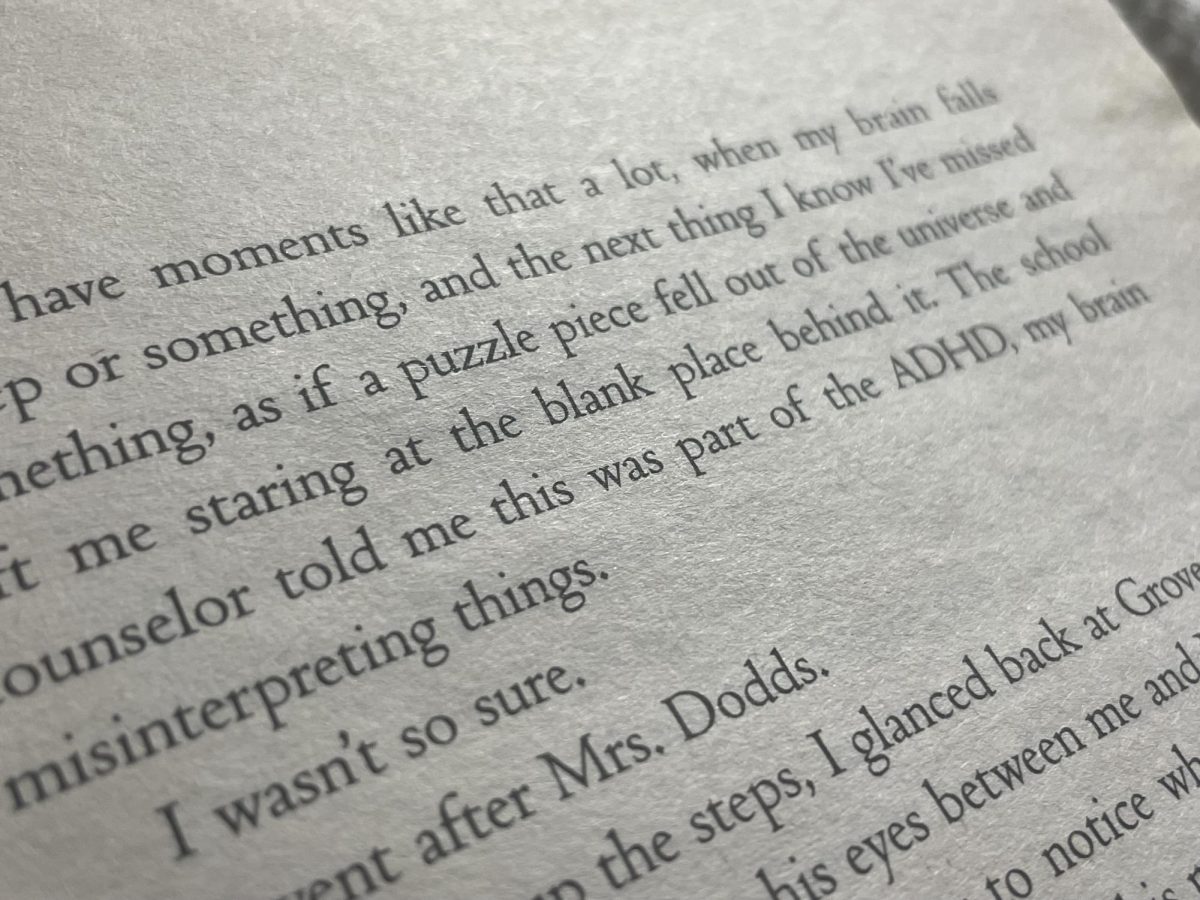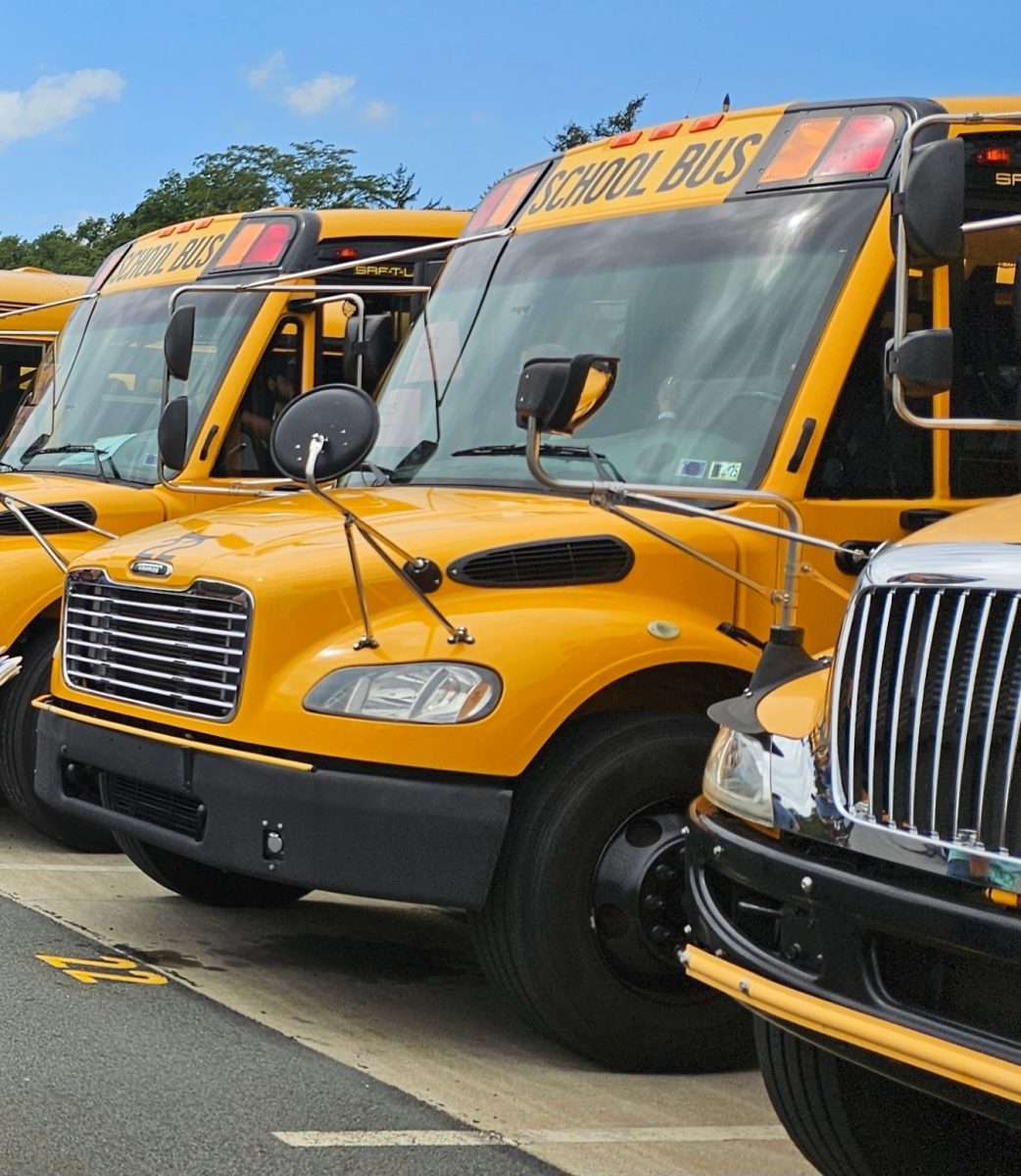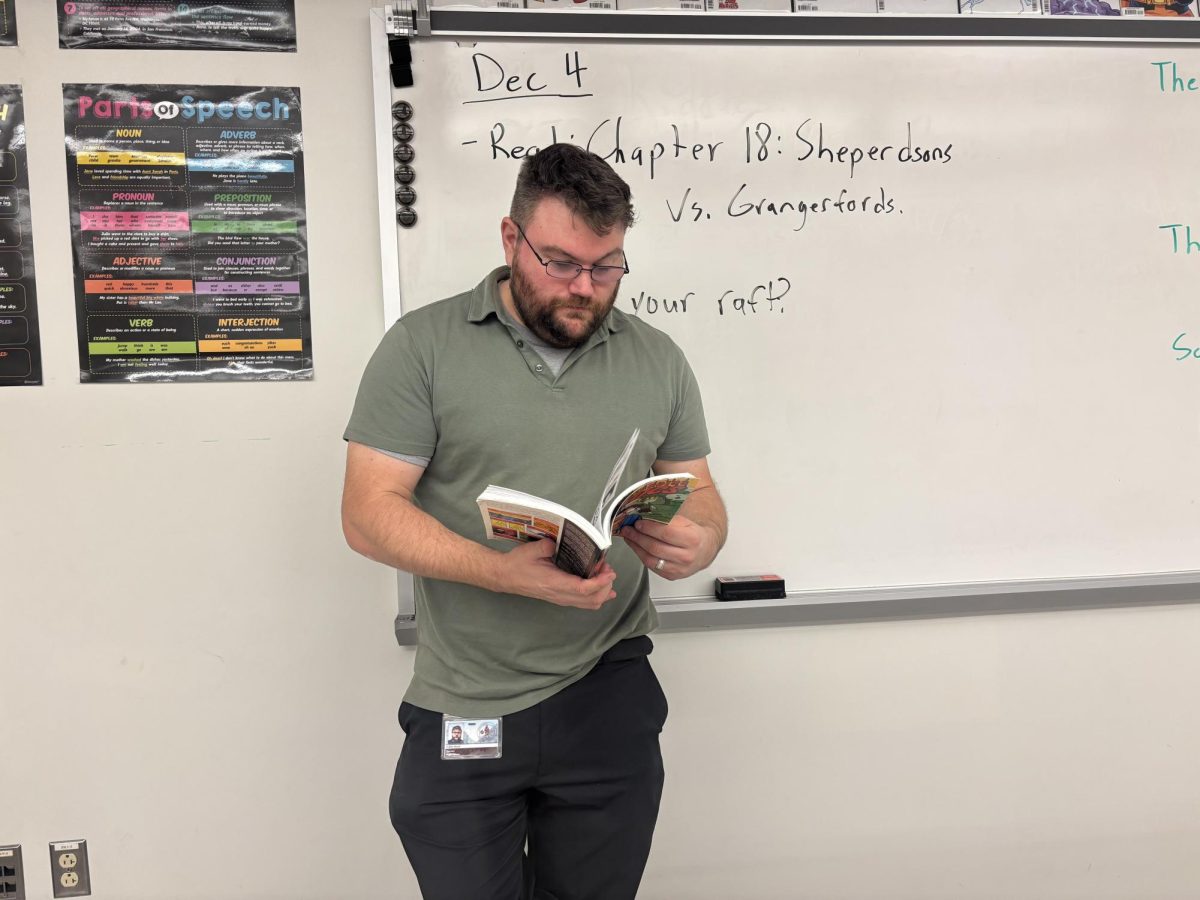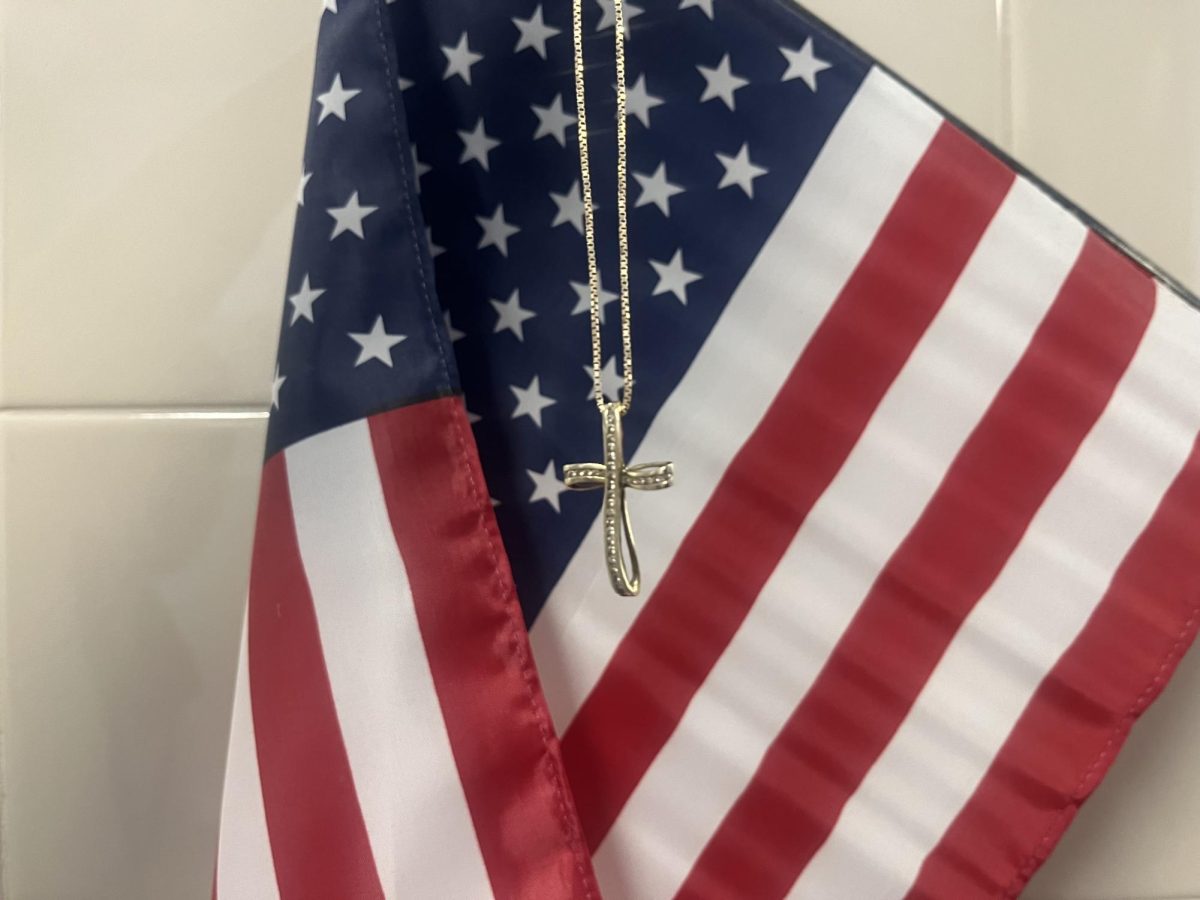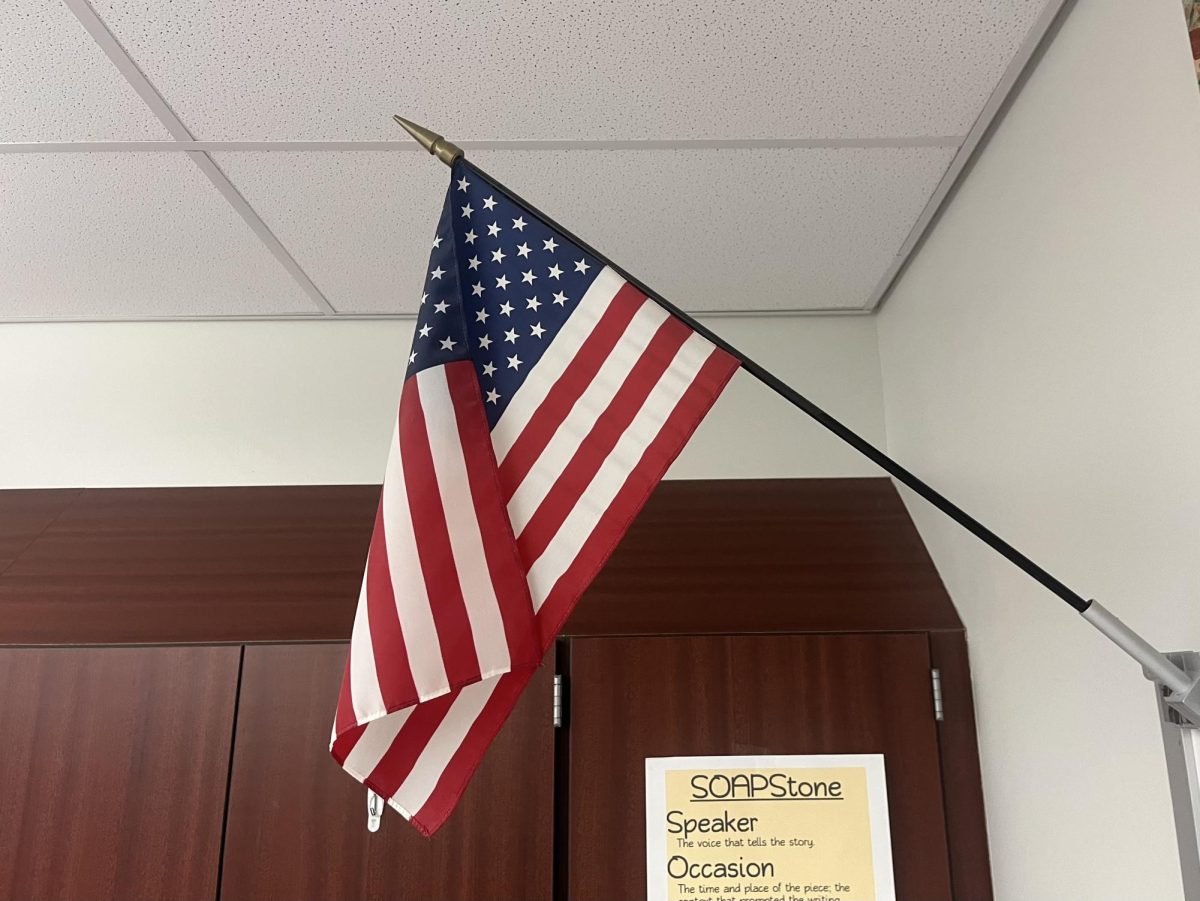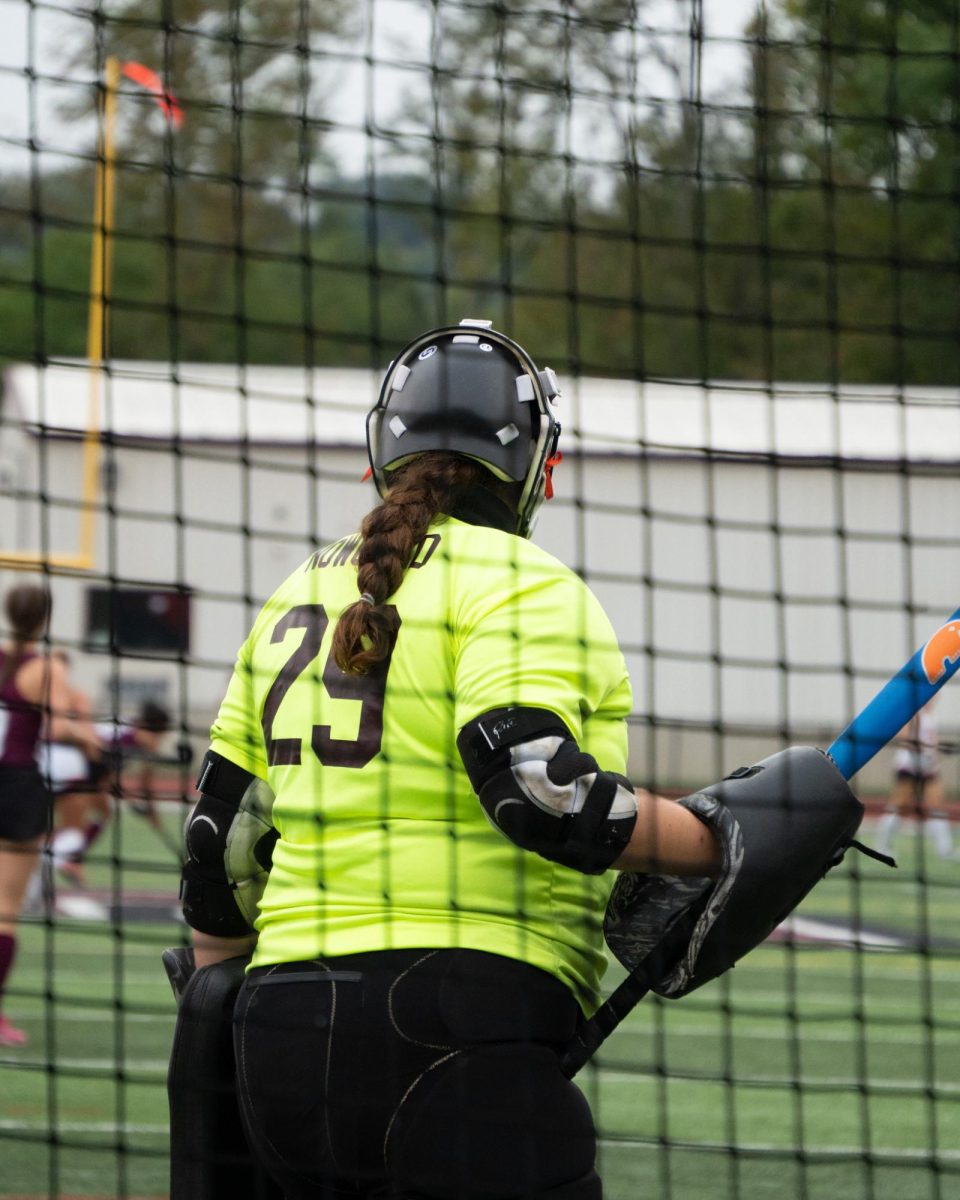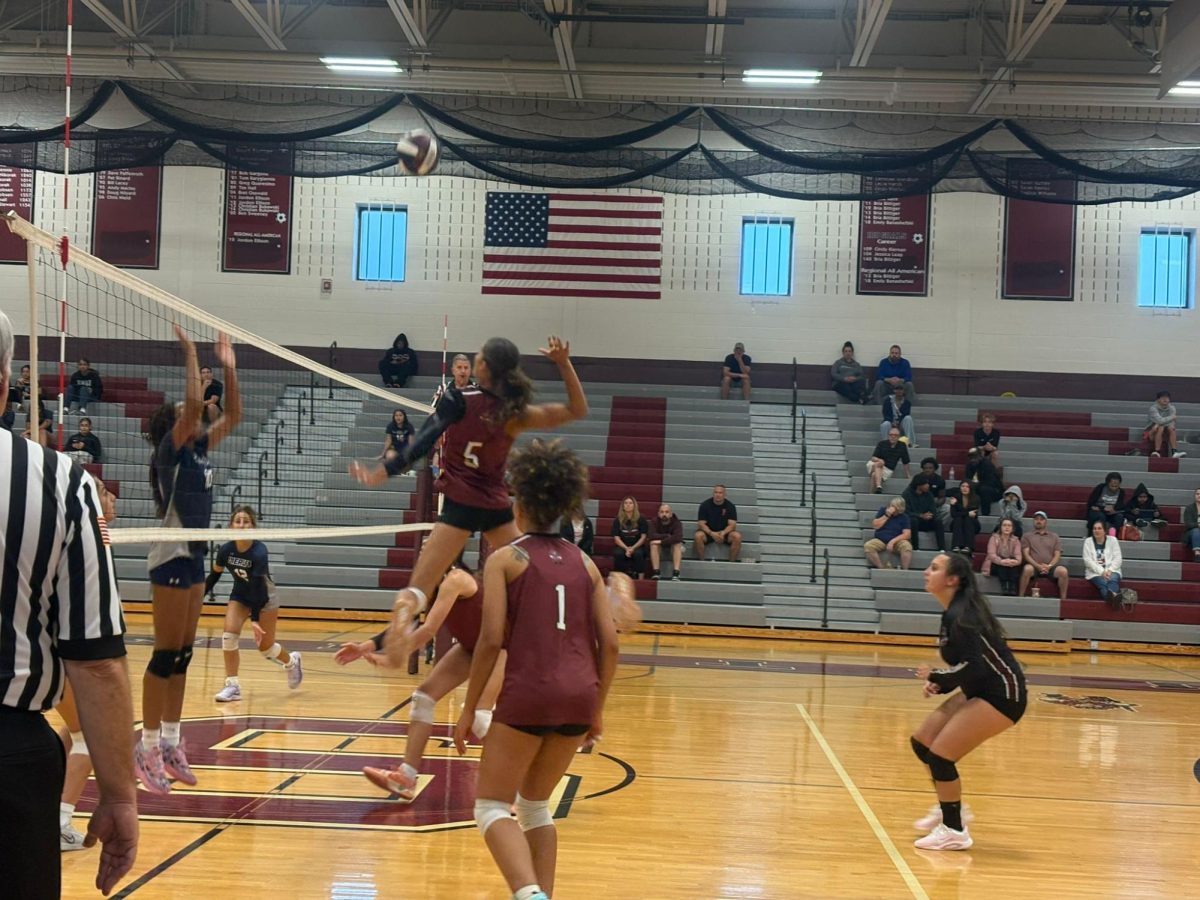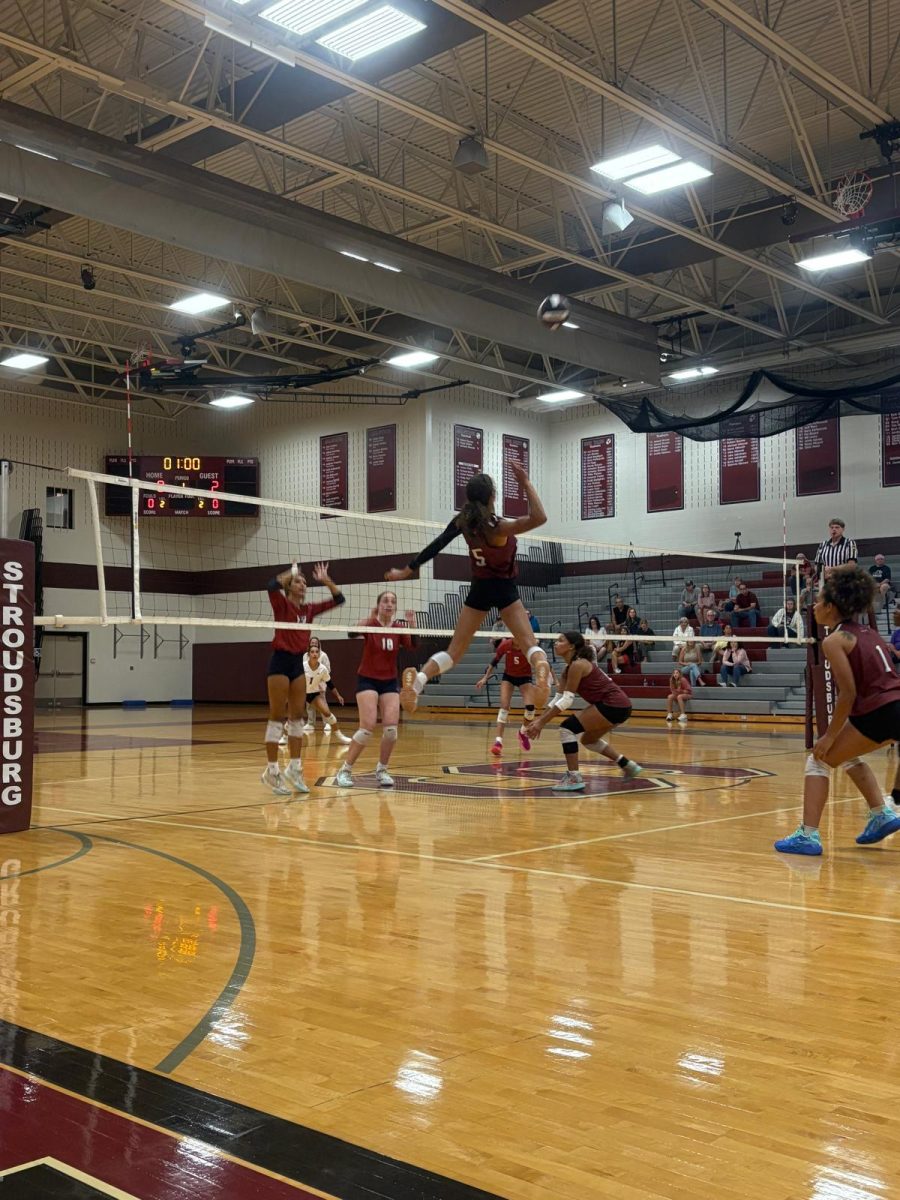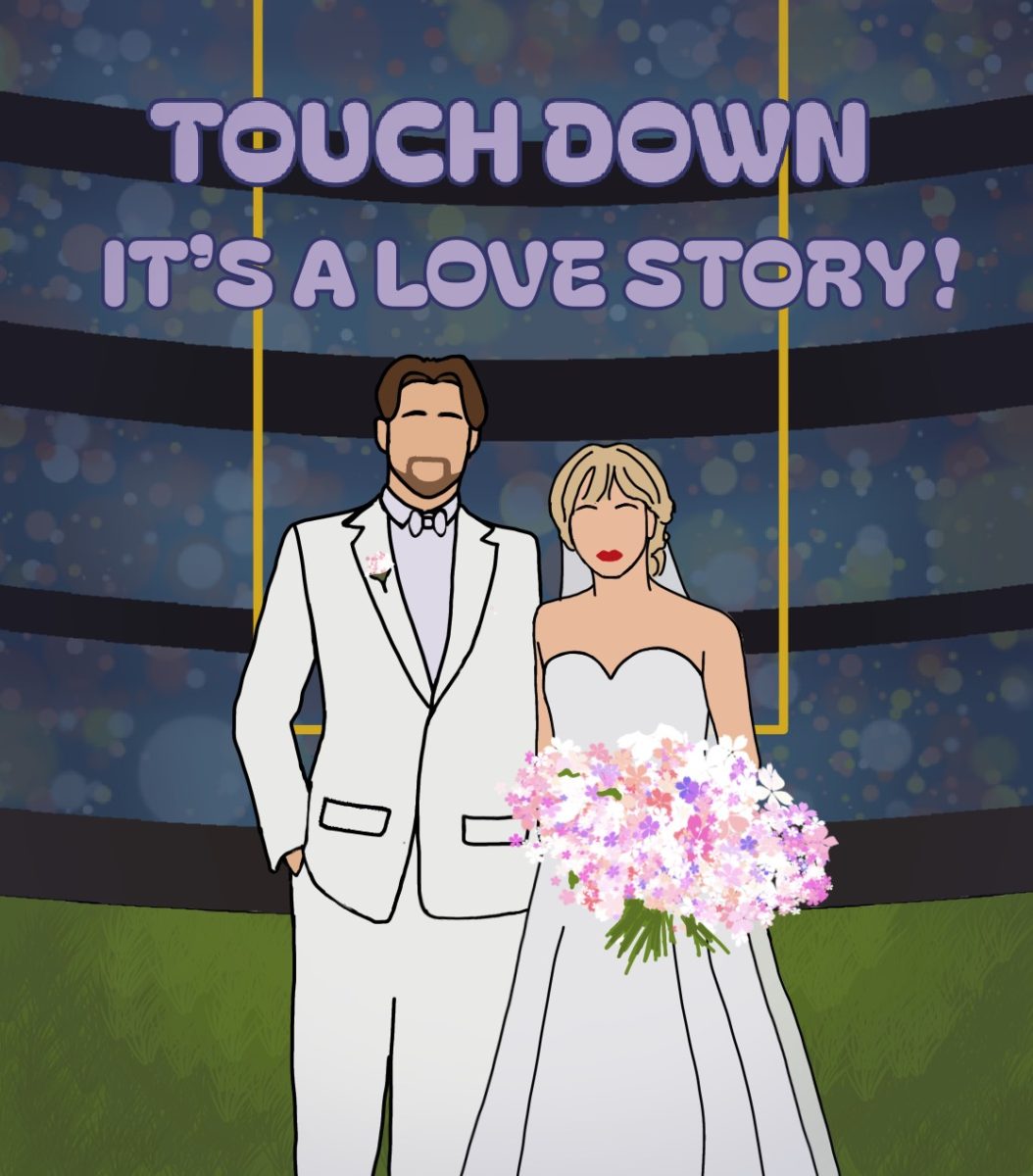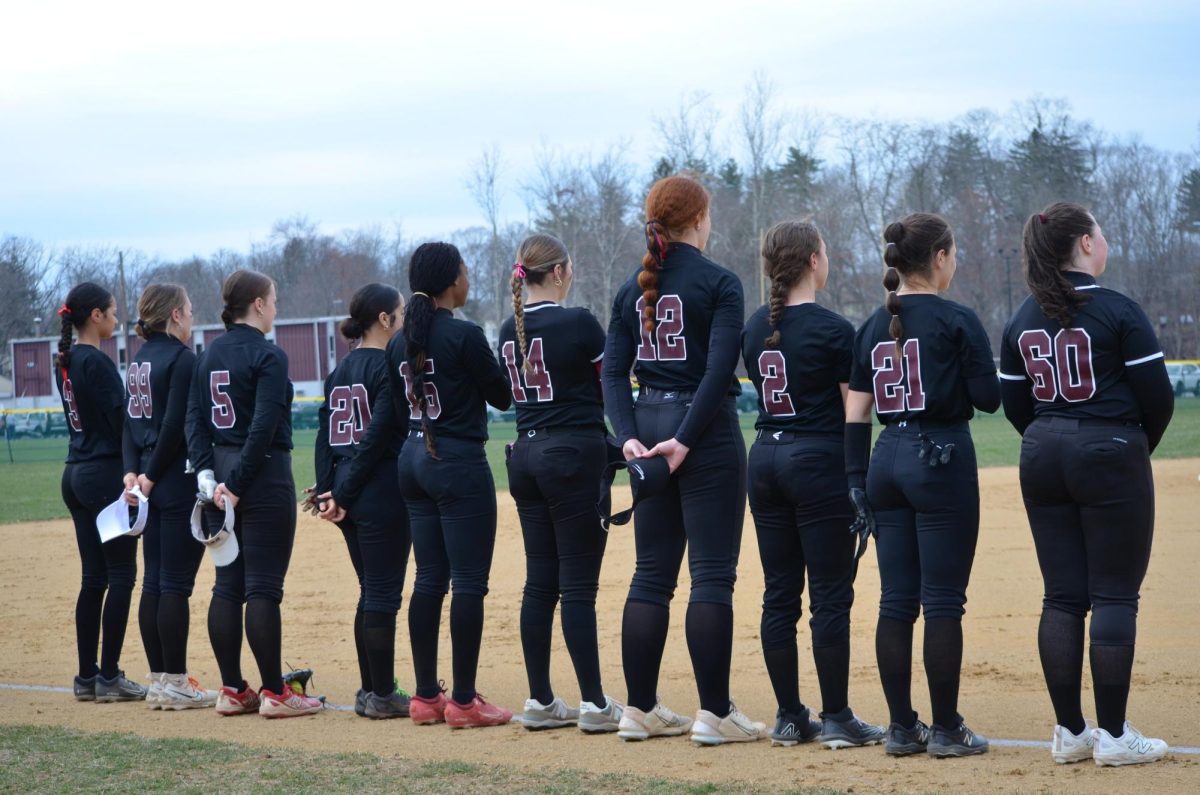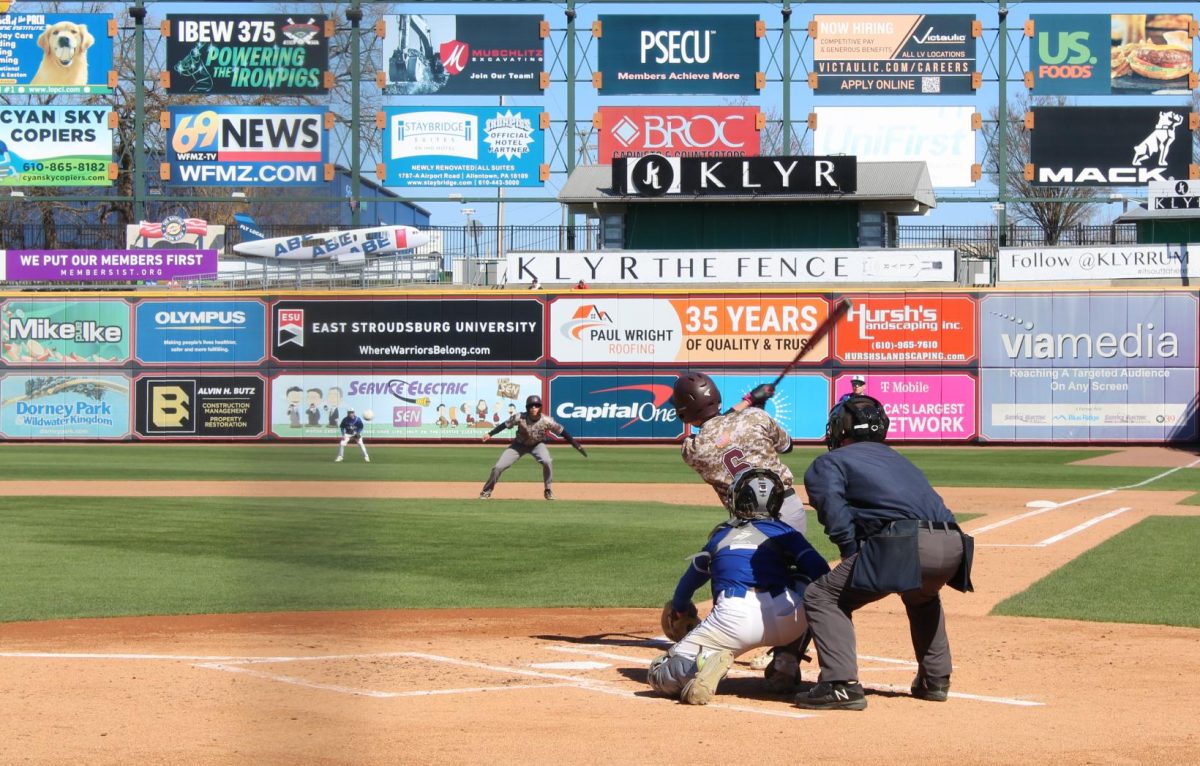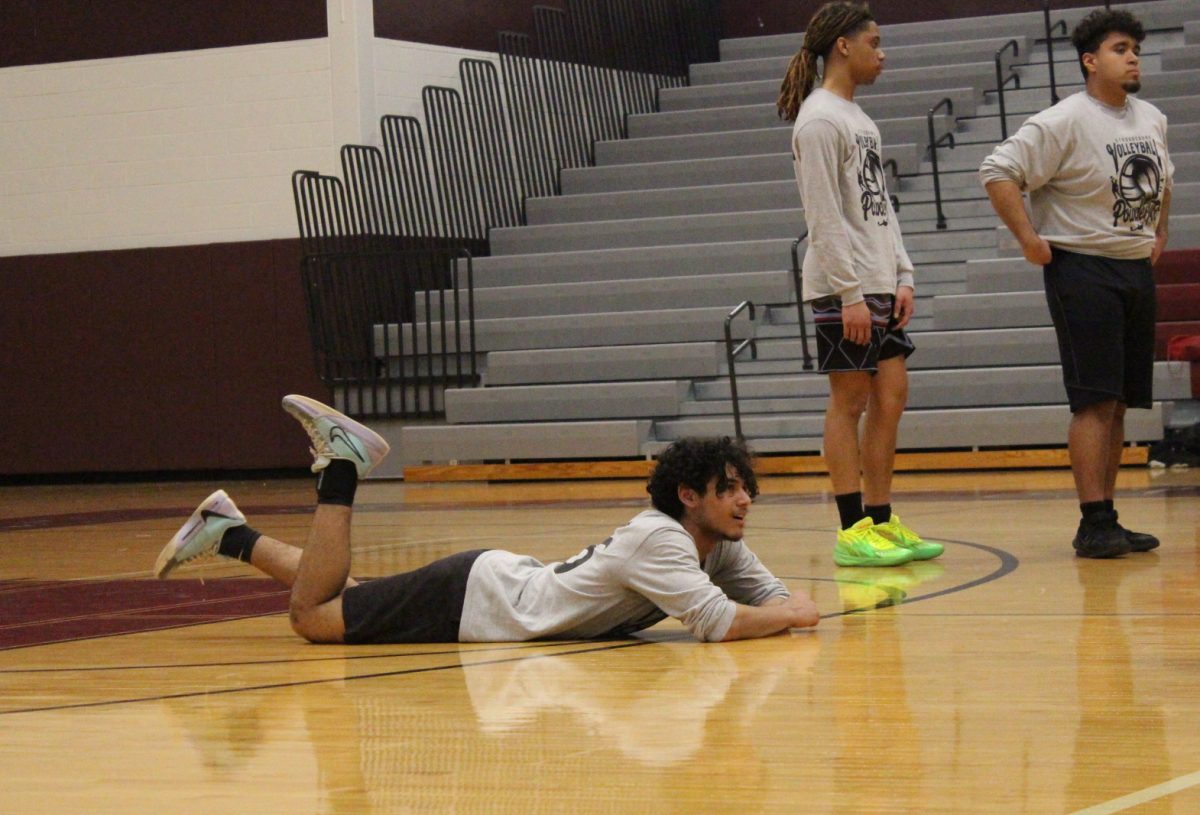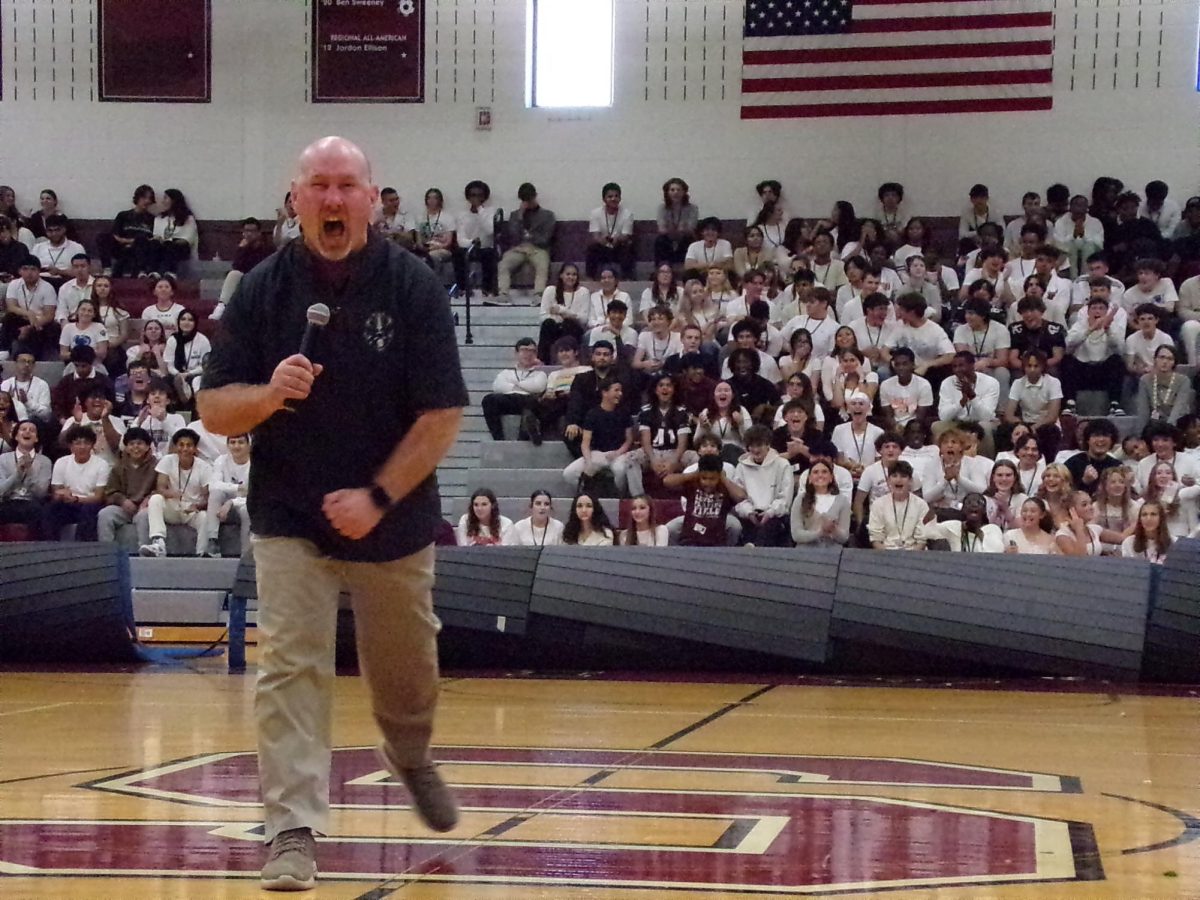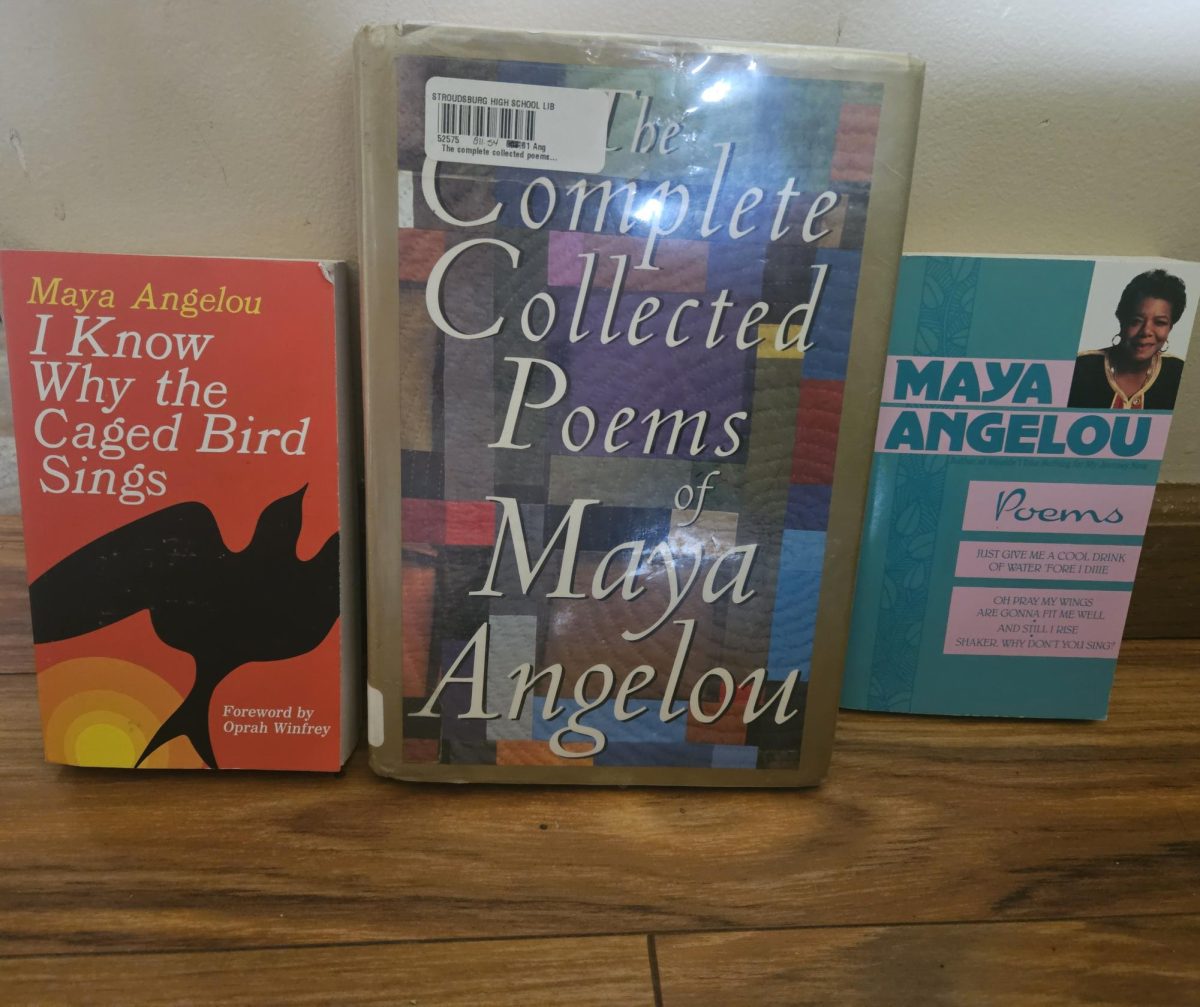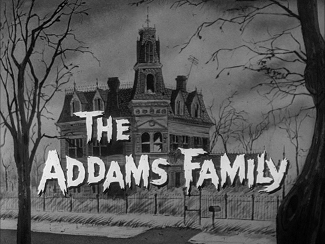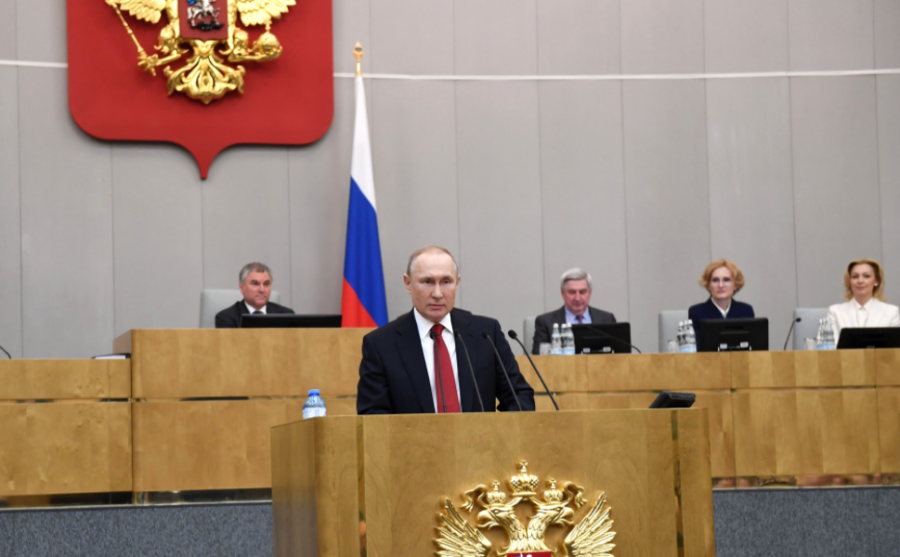The Russian invasion of Ukraine will ultimately fail
Russia lacks very little support around the world.
Photo via The Presidential Press and Information Office under Creative Commons License
Vladimir Putin addressing a session of the state legislature on amendments to the Constitution.
April 5, 2022
Spanish philosopher George Santayana once stated, “[t]hose who do not learn from history are doomed to repeat it.”
This lesson has presented itself various times, yet it has been ignored over and over.
On February 24, Vladimir Putin, the Russian president, ordered a military operation to invade Ukraine. By executing this act of war, the long-standing peace in Europe has come to a dramatic end.
This operation has had a ripple effect all around the world, taking a significant toll on the local Ukrainians. Pennsylvania has the second-highest population of Ukrainians in the United States. Pleas for peace have taken place in Monroe County, as numerous residents lament the invasion.
Stroudsburg High School is no exception to the effects of the invasion. Numerous students within the school are of Russian or Ukrainian descent and have had their families involved in the conflict.
“Some of my family members have decided to go and enlist in the Ukrainian Armed Forces and are fighting for their country and their children’s futures,” said Stroudsburg senior Svyatoslav Gudzovatyy.
Locals are getting involved by setting up fundraisers, volunteering time to setting up programs, and gathering military and medical items to send to Ukraine. Click here to donate towards the war effort.
To better understand why the invasion has occurred, one must rewind the clock and look back at the Soviet Union.
The Rise and Fall of the Soviet Union
After the world had eliminated the threat of the Axis powers in the Second World War, the post-war influence heavily favored the Allied powers. The Soviet Union, an Allied power, saw its power extend over Eastern Europe. During this time, Ukraine was a state inside the Soviet Union.
Joseph Stalin, the Soviet Dictator (1929-1953), had established an “iron curtain” over Europe. It distanced itself from any possible threat by the culturally different western nations.
The Soviet Union viewed the Ukrainians as their own people. Within the Soviet Union, both countries had grown together until their collapse. In 1991, the Soviet Union would fall due to the new multi-party system and the development of a presidency.
After the disbandment of the Soviet Union, the fifteen republics, including Russia and Ukraine, broke apart. Several problems arose because of the dissolution. Particularly, Ukraine was home to many nuclear missiles that Russia believed belonged to them.
Most importantly, it gave the North Atlantic Treaty Organization, NATO, a way to influence Eastern Europe.
The Growth of Ukraine
In 1994, a vital piece of legislation was signed, the Budapest Memorandum. Despite Ukrainians claiming sovereignty, Russian officials never truly accepted their independence and still viewed them as one of their own.
Simply put, the United States of America, Ukraine, and Russia met in Budapest to negotiate Ukrainian sovereignty. In the memorandum, it stated that Ukraine would return the nuclear missiles that belonged to Russia. However, Ukraine’s independence must be respected, In other words, Russia agreed not to invade Ukrainian territory.
Slowly, Ukraine swayed away from Communism and became a capitalist nation. Meanwhile, a young Vladamir Putin clinched power in Russia. Putin believed that Ukraine should still be a part of Russia.
“First and foremost, it is worth acknowledging that the demise of the Soviet Union was the greatest geopolitical catastrophe of the century,” Putin said in 2005 during his annual state of the nation address to parliament. “As for the Russian people, it became a genuine tragedy. Tens of millions of our fellow citizens and countrymen found themselves beyond the fringes of Russian territory.”
Fast Forward to 2014
After being in power for about 14 years, Putin slowly began to deteriorate the institutions that kept him in check, according to the Wilson Center. Russian oligarchs assisted Putin’s tyrannical rule by supplying wealth to the country.
These oligarchs gained much of their power by taking over the government-owned businesses under the Soviet Union. Having the support of these oligarchs means Putin could control the country without being held accountable by his population, as reported by The Conversation.
After ousting their pro-Russian president, many Ukrainians protested against the new leadership that followed. A large-scale protest in Crimea, a region in Southern Ukraine, led to Russian annexation.
The citizens of Crimea were in favor of the pro-Russian rule and felt left out by the new leadership. In an internationally rejected referendum, 96.77 percent of the population in Crimea voted to be a part of Russia.
At this time, the world took notice of the Russian aggression. Ukrainians felt that the annexation was illegal. Even though the Soviet Union collapsed, Russia remained an enemy of world peace, according to The Warsaw Institute.
The conflict foreshadowed a dark future to come for Ukraine and the rest of the world.
Russia Invades Ukraine
After flirting with the idea of joining NATO and joining the European Union, Russia decided that it could no longer allow Western ideologies to seep into its borders. On February 24, 2022, Vladimir Putin ordered a ‘special military operation’ in Ukraine.
In other words, Russia had broken the long-standing peace established in Europe. The objective is currently to demilitarize Ukraine and establish a proxy government in favor of Russia.
Since its invasion, Russia has suffered major casualties, economic sanctions, and major setbacks. It is fair to say that the invasion has not gone as planned, with Putin looking for a swift end to the conflict as stated by NBC News.
“He definitely misjudged the reaction of the west and most of the world in how this would play out,” said SHS history teacher Mr. Michael Frounfelker. “But he will not be deterred. The question is the people around him, the Russian people, how long can they deal with it.”
Russian Setbacks
The Ukrainian Invasion is a fight of ideologies, not a fight for security in the eyes of the Russian government. Since the fall of the Soviet Union, the West has spread its influence closer to the Russian borders and that has made Putin feel uncomfortable.
As a result of the invasion, the West has issued crippling sanctions on Russia and its oligarchs. The Russian Ruble, Russia’s currency, is now worth less than an American penny, which is reaching a record low. The stock market has consequently decreased as the war continues, shrinking more than 33 percent. Many overseas companies have closed their doors to Russian trade, imposing their own moral embargos on the country.
Furthermore, Russia has suffered military setbacks that were not expected. As of writing, Russia has lost about 7,000 soldiers, with some estimates edging closer to 10,000. For comparison, the United States lost approximately 7,000 soldiers in both the Iraq and Afghanistan wars, each lasting several years. Moreover, the Russians have lost more equipment than their neighbors.
Why Putin Will Lose
Apart from complications faced in an invasion there are many reasons why Russia will lose this war.
Russia has reestablished public hate for imperialism and lack of self-determination. 141 countries that are a part of the United Nations voted to condemn Russia’s aggression toward Ukraine. Even if Russia successfully takes over, they have isolated themselves from the world. A mere five countries voted against the condemnation.
Companies such as Starbucks, Mcdonald’s, Exxon Mobil, and FedEx have suspended their operations in Russia, and many more have followed. By being cut off from global markets, citizens in Russia are beginning to become uneasy.
According to OVD-Info, an independent human rights media project, approximately 13,000 Russians have been arrested due to protests across several cities. The lack of public support and negligence of human rights show that Putin’s grip on power is slipping.
“Older generations remember life when the Soviet Union existed,” said social studies teacher Ms. Jennifer Lobasso. “The younger population in Russia are the ones that are speaking out and taking risks because they did not live under those conditions.”
The oligarchs that made Putin powerful are being sanctioned and have seen their accounts frozen. Several reports stated their growing discontent with the invasion. If their support wanes, Putin may not have the near invincibility he currently possesses.
Moreover, the Russian military has been met with strong Ukrainian resistance. Many Ukrainian civilians have stepped up to defend their home country against the Russians. Many of the Russians have little to no motivation to fight in this war.
“It is always on my mind, the first thing I do when I wake up is to check the news to see what has happened through the night and if any attacks were made close to our home,” said Gudzovatyy.
By breaking world peace, Russia has become an untrustworthy nation, which is now isolated and financially crippled. Putin is losing the support of his people and the oligarchs who keep him in power. The Russian morale is low, and history is against them.
Putin may very well succeed in overthrowing the Ukrainian government, establishing a puppet leader along the way. Despite this, Ukrainians will not forget what happened. They will resent their neighbors, and they will be more inclined to join the West.
Putin has shot himself in the foot, and Russia will pay the price.













